Summer is in full swing. We hope you had an incredible Independence Day celebration and that you have many other adventures to look forward to this season! Vacation, especially in an exotic locale, should be fun, relaxing, and restful, but here at Dr. Craig Armstrong’s Houston dental practice, we know from firsthand experience how a dental emergency can put a real damper on your downtime. It’s difficult to chill by the pool, enjoy a nice cocktail, or spend quality time with your family if you’re suffering from a toothache. Fortunately, having assisted many patients with dental emergencies, we can help. In the following blog, Dr. Armstrong and our team provide our instructions for what to do if you have a dental emergency on vacation. Following our tips, you can save your oral health and your holiday.
What is a Dental Emergency?
You might find yourself wondering: “what exactly is a dental emergency?” Of course, you can have oral health issues without requiring immediate attention, although we always advise seeing us as soon as possible if you notice any changes in your mouth. If you experience minor soreness, a small cut, a change to a temporary crown, or a similar issue, you’re certainly welcome to call our office for assistance, but you don’t necessarily need to treat this as a dental emergency.
In contrast, your smile could be in a state of dental emergency if:
- You experience a fall, get hit, or otherwise suffer an injury to your mouth region.
- You suffer from moderate to severe toothache. This could be sharp or dull and constant or intermittent.
- You notice any pus or foul odor from your mouth.
- Any sort of oral tissue damage that does not close quickly.
- You experience swelling or pocket formation in your gum tissue.
- Any oral health concern interferes with your day to day life (ability to eat, drink, speak, sleep, or conduct other activities).
If any of the above occurs, you should take your treatment seriously.
Most Common Conditions
Knowing the usual suspects for dental emergencies can help you spot them when they occur (or even avoid them altogether, with the right preventive methods!). The typical oral health emergencies Dr. Armstrong and our team encounter include:
- Fractures, chips, or breaks. This sort of damage to your enamel leaves the nerves and tissue within (and surrounding) your teeth very vulnerable, so it should be addressed as soon as possible.
- Loose restorations. If you have a filling, crown, bridge, or any other sort of prosthesis, you should pay particular attention to its position. In most cases, the tooth underneath the restoration is already damaged, and needs to be shielded, so if the restoration moves, becomes loose, or even comes off, this could put your mouth at risk.
- Tissue tears, deep scrapes, and other soft tissue wounds. As Your Dentistry Guide explains, “any type of injury inside the mouth, such as puncture wounds, lacerations, and tears to the lips, cheeks, mouth, and tongue, are considered tissue injuries and a dental emergency.” Especially if more severe, these can become infected, cause permanent disfigurement, and put you at higher risk for other oral conditions.
- A knocked out tooth. Particularly if you’re exercising or doing strenuous activities on your vacation, it is possible to experience trauma such that a tooth falls out. This is called an “avulsed tooth” and requires immediate attention.
- A loosened tooth. Similar to a knocked out tooth, if you notice that one of your teeth has become loose, you need to see a dentist immediately to help save it.
These are just some of the dental emergencies it is possible to experience. Even if your issue does not fall into one of the above categories, we suggest contacting us for assistance and taking your condition seriously.
Our Recommendations
Of course, the steps for how to handle a dental emergency vary depending on your exact circumstances. For example, if a tooth got knocked out, you’d need to find it, pick it up by the enameled portion (not the root tissues), put it in a sterile container, and get to a dentist as soon as possible, in the hopes that it could be put back in place. Fractures may be thoroughly cleaned and temporarily treated with an over-the-counter bonding agent to seal the tooth. Similarly, a lost crown can be reattached with dental cement from a drugstore as a temporary fix.
Generally, if you experience a dental emergency on vacation, you should:
- Call us for assistance. We will help guide you through the appropriate treatment steps.
- Seek treatment sooner rather than later. It is often a good idea to see a local dentist rather than waiting until you get home.
- Treat your mouth with caution. If you’ve injured your teeth or gums, be gentle with them, clean them, and generally try to maintain a safe, sanitary environment to ward off infection.
These points are important to follow. As the old adage goes, however, “prevention is the best medicine.” To protect your smile while you’re away, we recommend seeing us for an appointment before you leave. This way, Dr. Armstrong will be able to check up on your dental health, spot any issues, and treat them before they interfere with your vacation.
Jetting Off Soon? Come See Us at Our Houston Dental Practice!
Dr. Armstrong and our team would be delighted to see you! Contact us today to schedule an appointment.
Original Source: https://www.craigarmstrongdds.com/dental-anxiety-and-fear/what-to-do-if-you-have-a-dental-emergency-on-vacation/
Visit Our Office
Office Hours
- MON8:00 am - 6:00 pm
- TUE8:00 am - 6:00 pm
- WED8:00 am - 6:00 pm
- THU8:00 am - 6:00 pm
- FRIClosed
- SATClosed
- SUNClosed
10370 Richmond Ave. Ste 310,
Houston, TX
Phone : (832) 251-1234Text Us : (832) 251-1234






